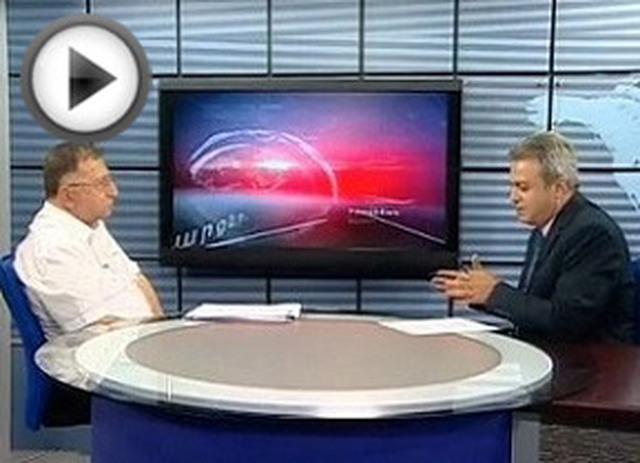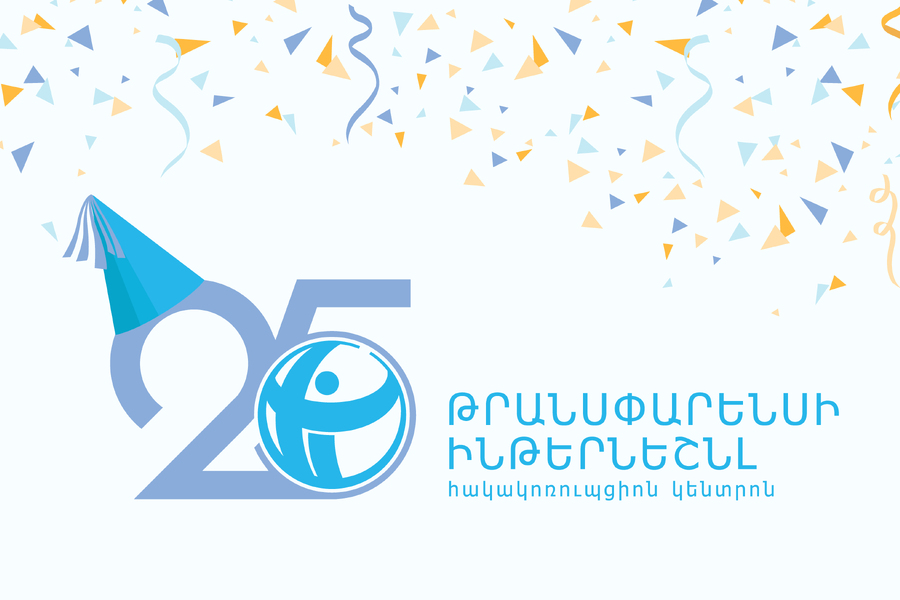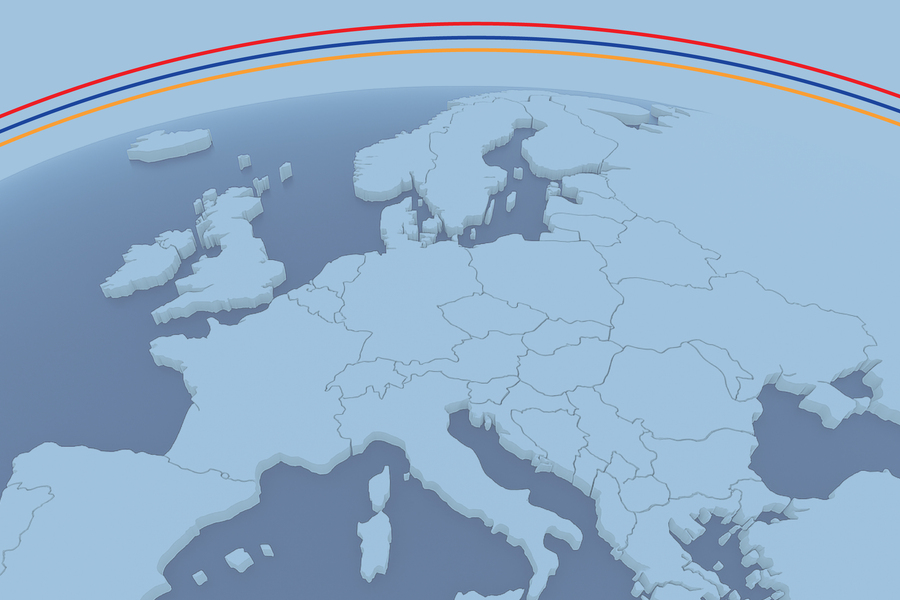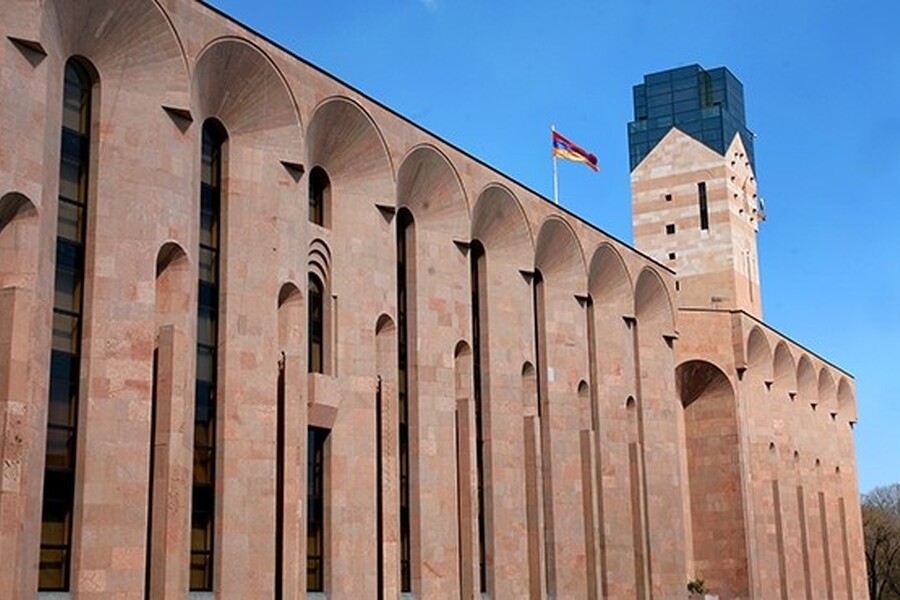The biggest concern for Armenia refers to willingness of the people to get involved in the fight against corruption
Varuzhan Hoktanyan, Executive Director of Transparency International Anticorruption Center was the guest of "Yerkri Hartse" program on "Yerkir Media" television. He presented the research products carried out by Transparency International global movement, reflecting on key findings of TI Global Corruption Barometer 2013 (GCB 2013), other countries experience in fighting corruption both via democratic and repressive methods, paving its way that may lead to serious reduction of corruption. Apart from medical and health services, the judiciary, public officials/civil servants and police are among the institutions/services perceived as the most corrupt, whereas by law they are themselves entitled to fight against corruption. The public broke world record with its passivity, since only 37 % of respondents agree that ordinary people make a difference in the fight against corruption.
The 2013 Global Corruption Barometer (GCB 2013) was carried out in 107 countries between September 2012 and March 2013 mainly by the survey company World Independent Network/Gallup International Association (WIN/GIA). In Armenia the survey was conducted by MPG (Marketing Professional Group) LLC, which is the official representative of WIN/GIA in Armenia. The total sample size was 1,068 individuals, whose age is above 18 and survey method was face to face interview. Armenia is included in the GCB for the third consecutive time (previous surveys, in which Armenia was also included, were conducted in 2009 and 2010).
According to GCB 2013 survey 43% of respondents think that corruption in Armenia has increased. Only 19% of respondents think that the level of corruption has decreased over the past 2 years. Corruption perception has remained nearly the same as during the previous 2010 survey. Given a correlation between Corruption Perceptions Index (CPI) and GCB, no essential changes were observed in CPI during these years and generally, we are in a state of stagnation. It was perceived that corruption level was high in Armenia but it neither deteriorated, not improved.
Only 18% of those surveyed in Armenia, who had contact with any of services (education system, judicial system, medical and health services, police, registry and permit service, utilities, tax system and land services (cadaster)) included in the questionnaire, have paid bribe to any of them. In order to be included in this list the institutions in 107 countries should have nearly the same functions. The prosecutors office is not viewed in this survey, since the system is different in different countries. The majority of those (51%), who paid bribes, explained that paying bribe for them is giving gift, gratitude for the provided service. At the same time, 27% of the surveyed mentioned that they paid bribe because it was the only way to obtain a service. The most common reason for paying the bribe for 19% of respondents was to speed things up.
In particular, 82% of the surveyed says that corruption is a serious or very serious problem for Armenia. People think that corruption is bad but they are tolerant of it. The same way they think that smoking is hazardous but they continue to smoke.
The public in Armenia is very indifferent and passive. The final part of the questioner refers to the respondents willingness in the fight against corruption and their perception on the role they play in that fight. The figures prove to be sad. The majority of 73 countries out of 107 said that they would not report an incident on corruption. Not reporting on corruption entail in failure to reduce corruption. Only 33% of respondents finds that they would report on corruption. There are other reasons as well for this non-adequate attitude of state institutions. Finally, there is the concept of systemic corruption.
Only 21% of surveyed think that the actions of Armenian government are effective or very effective. At the same time, 53% of the respondents considers those actions as ineffective or very ineffective.
The least corrupt institutions are perceived NGOs and religious bodies with the values of indices equal to 2.8 and 2.9, respectively. However, corruption is such an evil that it would not be solved only through the efforts taken by NGOs. Armenia faces systemic corruption and the problem is rather serious in this regard.
The judiciary, public officials/civil servants and medical and health services are perceived in Armenia as the most corrupt institutions/services. With perception index values equal to 4.0 on the scale from 1 to 5 (where 1 means absolutely clean and 5 absolutely corrupt) each, the mentioned institutions/services share the first three "glorious" places among the institutions/services included in the survey questionnaire. With perception index value equal to 3.9, the police are only slightly behind the mentioned above "leaders".
It is axiomatic that political will is needed in fighting corruption. If we really want to start paving the way that may bring to serious reduction in corruption, curb systemic or endemic corruption, we need to push serious economic reforms that will lead to deconvergence between business and politics and demonopolization of politics and economy.





